What we do
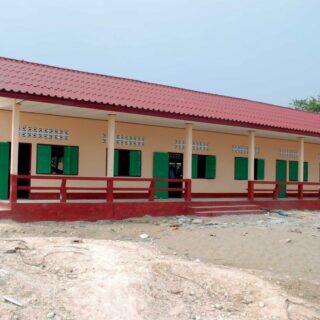
BUILD
Our development programmes, called “projects”, are organised to improve the living conditions of poor children […]
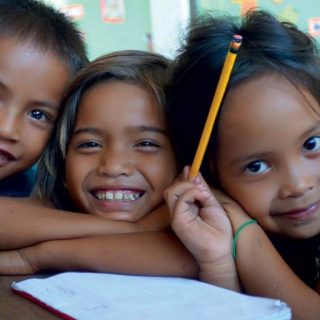
SUPPORT AND EDUCATE
22,000 children are helped by sponsors who accompany them along their journey. Sponsorship allows a child to attend school […].
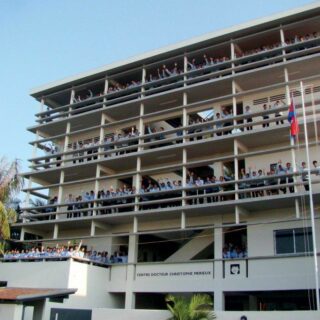
DEVELOP
Welcoming young people in education centres and boarding houses is a strategic focus of Children of the Mekong. A centre is a place of education, offering the children complimentary courses, as well as a secondary home.

INTEGRATE
Young people supported by Children of the Mekong have, for the most part, very little knowledge of the professional world. Naturally, they imagine their future in the only occupations they are familiar with […].
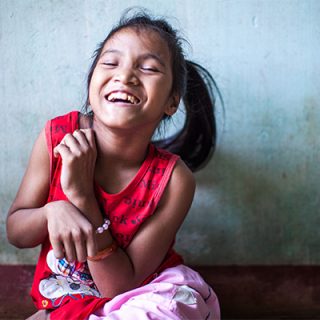
DISABILITY AND CHRONIC ILLNESSES
The poverty in the slums and in remote rural areas makes it much more likely that such children will not be properly cared for. They are often left to fend for themselves or even completely rejected by their own families.
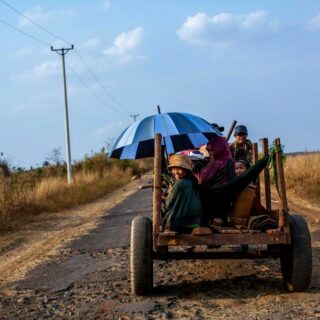
RURAL AND ISOLATED POPULATIONS
Many children in Southeast Asia grow up in impoverished rural locations. They have to work in the fields from a very early age, as this is often the only way that their parents can ensure that there is food to put on the table.
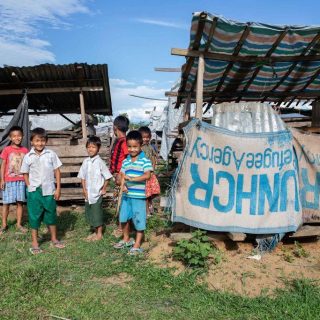
REFUGEES AND DISPLACED PERSONS
A large number of people were displaced by the political crises and armed conflicts which beset Southeast Asia towards the end of the twentieth century.
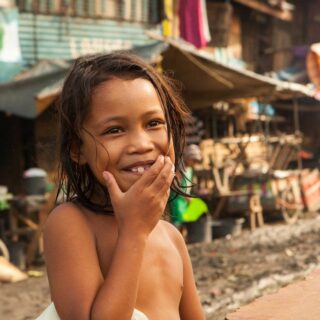
SLUMS AND INFORMAL SETTLEMENTS
Rural flight is common the world over as ever more people move to urban areas. Shantytowns which spring up around cities as a result of a rapid and unplanned increase in population are often beset by poverty and violence.
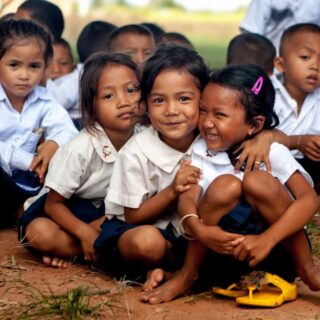
EDUCATION FOR GIRLS
In Southeast Asia, as in the rest of the world, there is a pressing need for more education for girls. The statistics show that women are much less well educated than men.
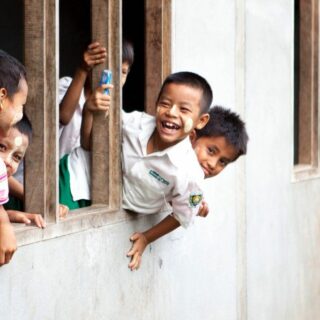
ETHNIC MINORITIES
There are more than 350 ethnic minorities in the countries of Southeast Asia. They often continue to take pride in their traditional customs, dances and dress, which are much appreciated by tourists.
COUNTRIES OF ACTION
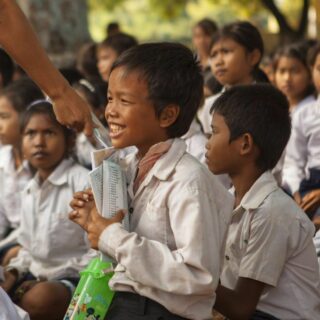
CAMBODIA
Cambodia is still very rural and must deal with its great inequality as economic growth mainly benefits the urban population. Education in the countryside is therefore a major issue […].

LAOS
Laos is a predominantly mountainous, rural country. Often called ‘the country of a million elephants’, it suffers from a lack of infrastructure and the means to improve its educational system.
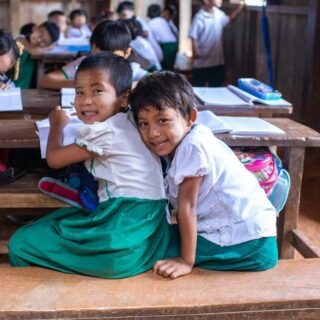
MYANMAR
Myanmar is a largely rural country composed of 135 officially recognised ethnic groups (…) the list is a long one and Myanmar suffers from numerous internal conflicts. Children of the Mekong’s goal in the country is to support any initiatives to improve the educational system […]
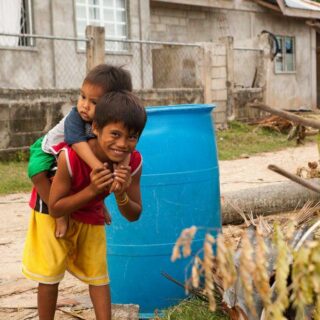
PHILIPPINES
Despite an increase in growth the past few years, the Philippines is experiencing an even larger divide between the rich and the poor, mass migration from rural areas to large cities and mass unemployment rates, the highest in the region of Southeast Asia.
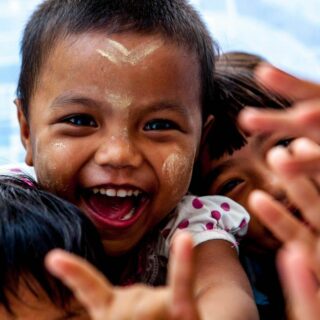
THAILAND
Thailand is one of the most developed countries in Southeast Asia. However, several ethnic minorities, as well as several rural regions, suffer from a lack of education and integration into Thai society.
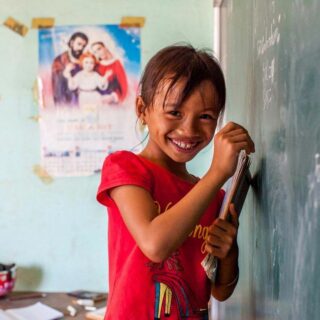
VIETNAM
Our work extends from the North to the South of Vietnam, with priority accorded to the Centre and North of the country. These regions count among the poorest and are populated by ethnic minorities […].
